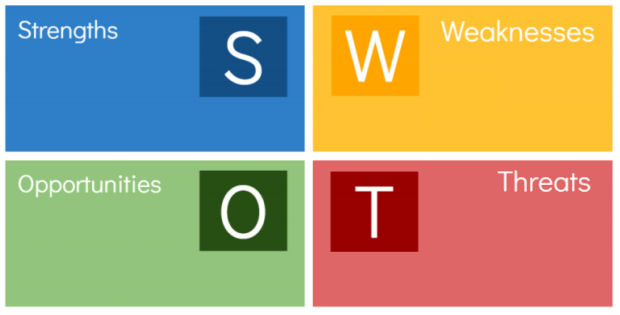SWOT love got to do (got to do with it)

This is a side-rant I previously had in the swagger-combine post but thought I’d split it out here because it was a bit tangential from my over-engineered solution to a poorly devised interface definition language to a flawed but popular protocol.
The post title is a reference to a Tina Turner song, which I suspect no-one under the age of 30 will have heard of. It uses the word ‘SWOT’ in an amusing (to some) pun-like sentence structure.
JSON API rant
There are two competing teams of thought on APIs, one being that you should use a binary RPC protocol to efficiently transfer information between a client and server (but takes forever for a developer to create an API client), or to use a text protocol that mere mortals can comprehend, but takes a few more milliseconds to perform each request.
There’s tradeoffs between the two approaches, so to help you understand why everyone decided to go down the swagger/OpenAPI path to publish their JSON REST APIs, I offer you the following SWOT analysis. SWOT stands for strengths, weaknesses, opportunities and threats. Remember those ? You used to create those when you worked for the government and needed to justify some technical decision that had already been made by someone on a higher PO level than you.
By decree of the Gartner powerpoint utilisation committee, I shall be formatting this in the regulation nigh-unreadable high-saturation background colours.
JSON API
| Strengths | Weaknesses | ||||
|---|---|---|---|---|---|
|
RPC API
| Strengths | Weaknesses | ||||
|---|---|---|---|---|---|
|




